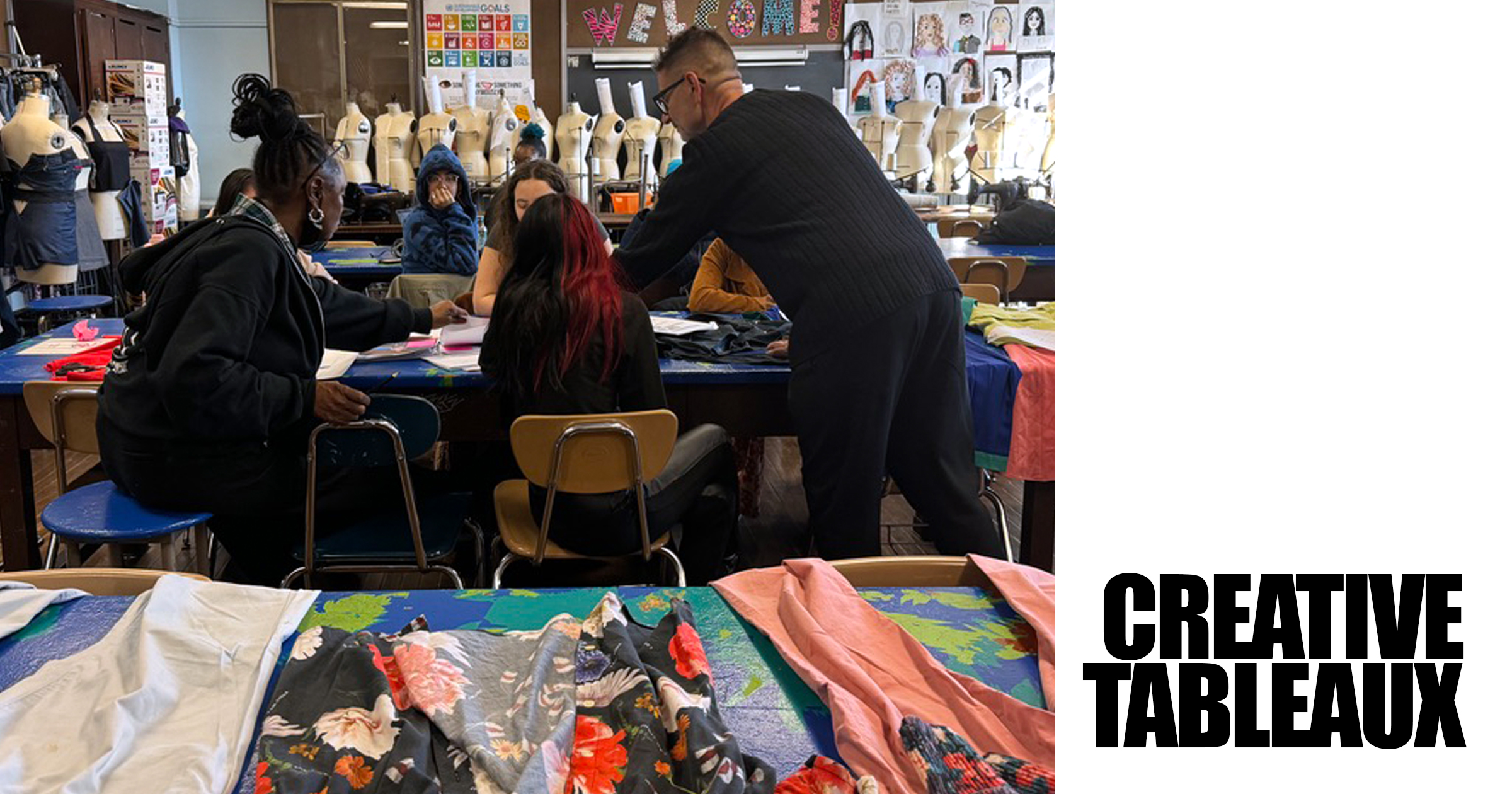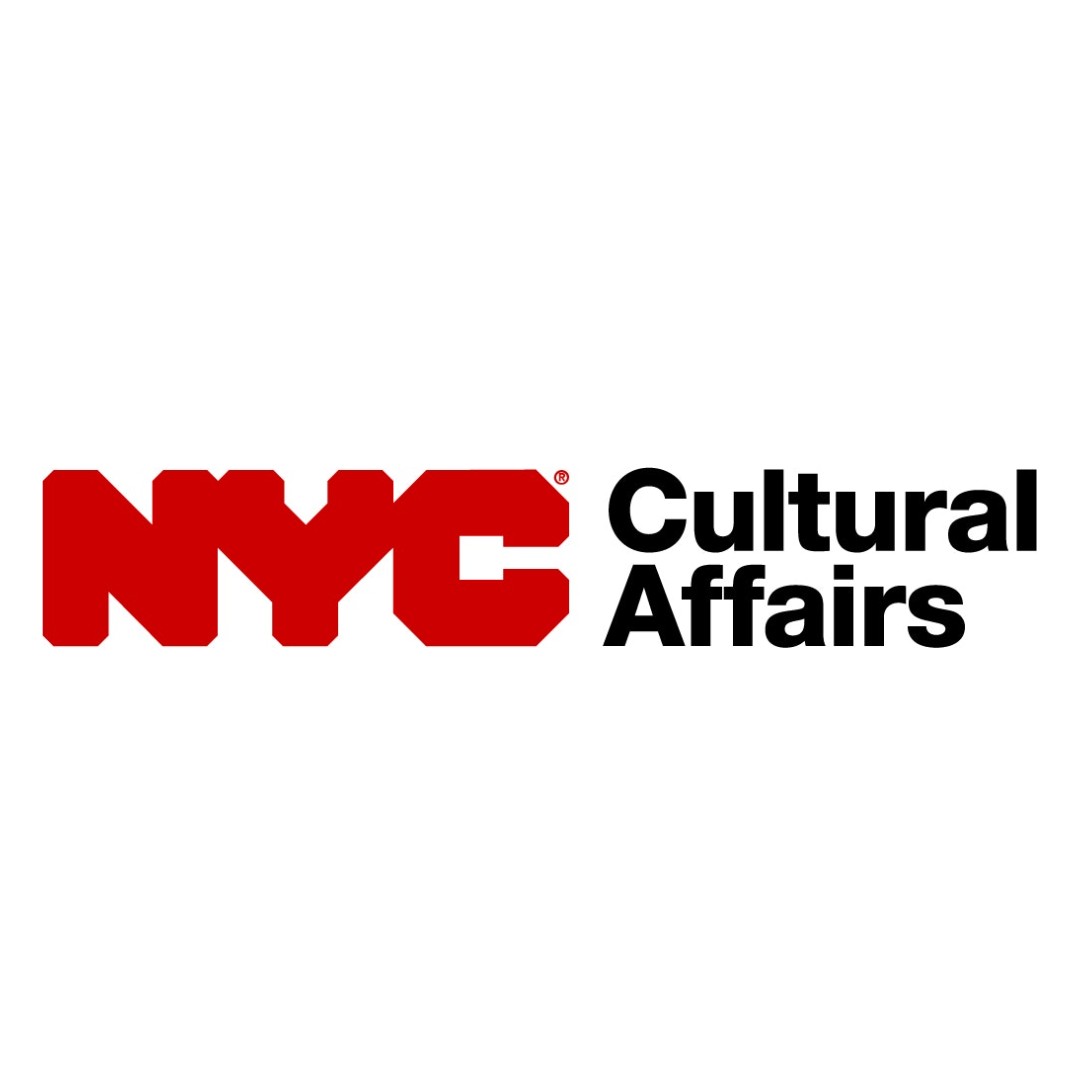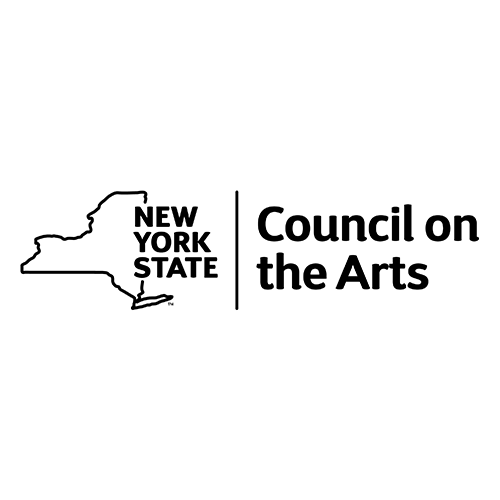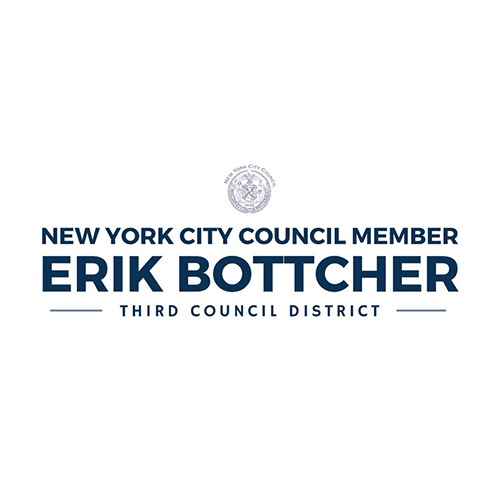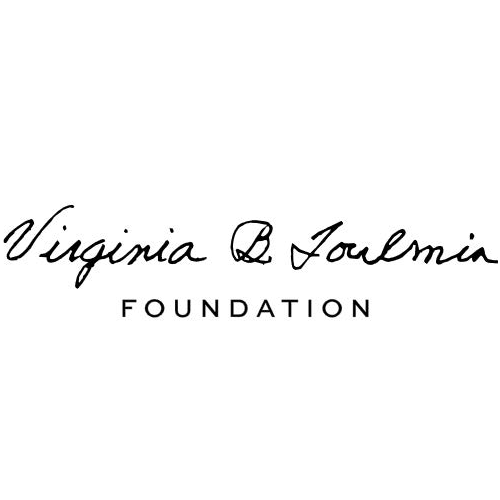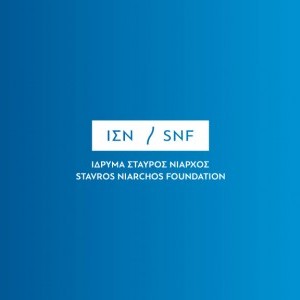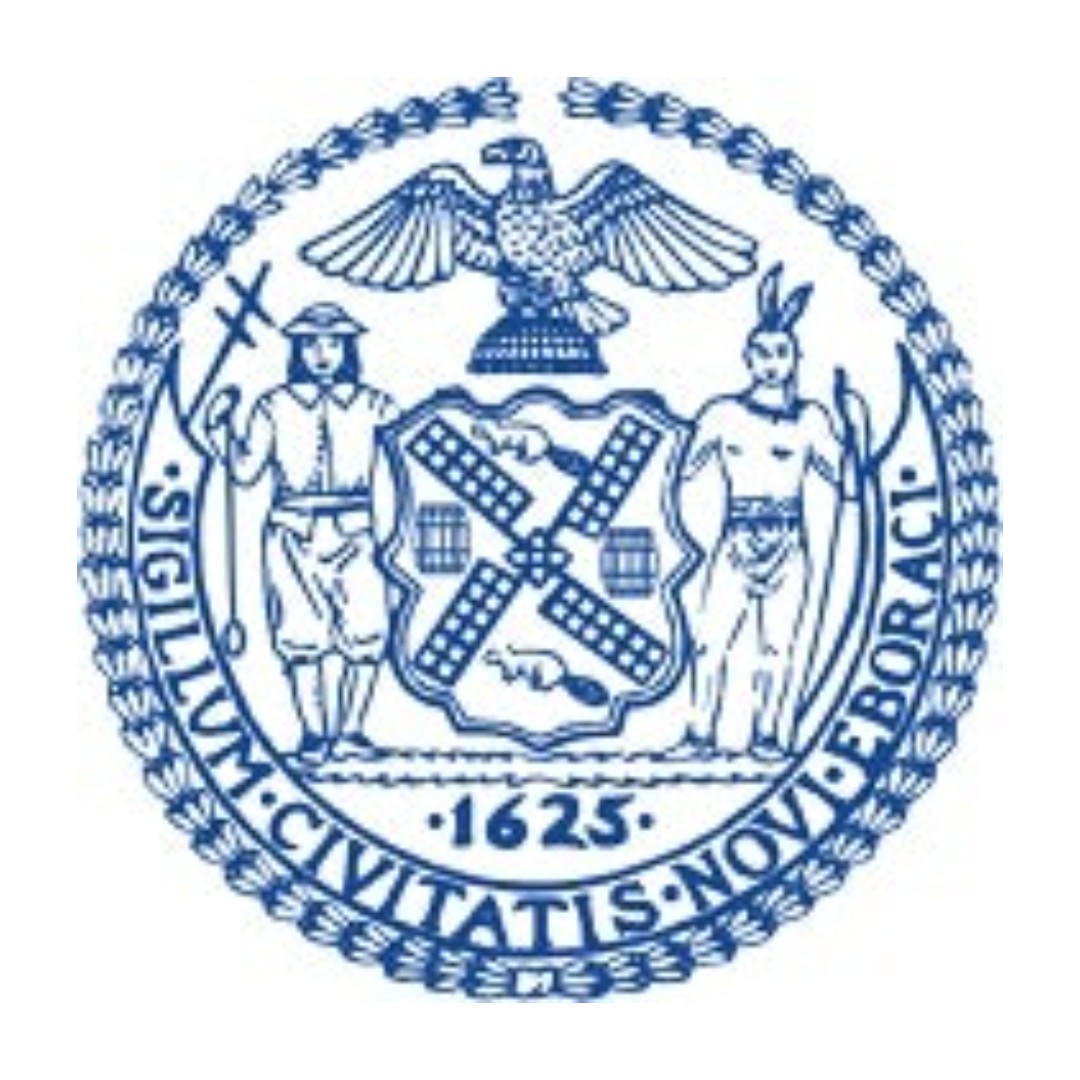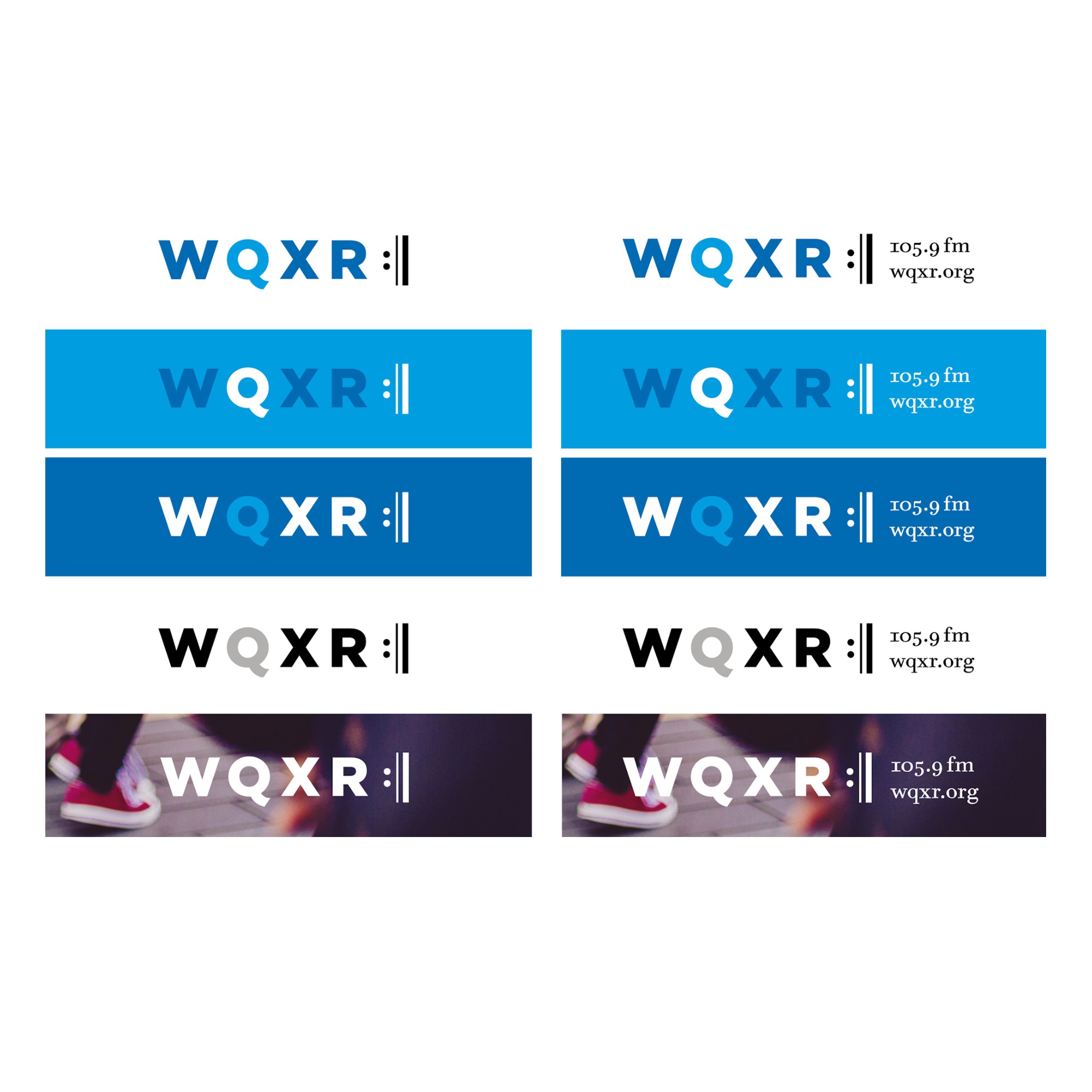Creative Tableaux is an multidisciplinary, all-inclusive free educational art and music program provided as an enhancement and continuation of our 2021 successful Tableaux of Amico Fritz educational program. The program aims to keep introducing the power of arts and culture to inspire creativity, explain the creative process of writing or designing an opera production, and spark youth collaboration by using opera and classical music clips, short, urban fables written by William Maxwell, one of the most influential American writers of the last century and editor of the New Yorker, and a leading female painter: Filipino-American artist Lolita Valderrama Savage, who’s prolific work has been featured around the world, in our educational programs and our staged productions.
This year, advancing our impact from last season’s start, we are bringing Creative Tableaux to local and international public libraries and schools. By ensuring that the program is free, we are encouraging all to attend, especially those who live in under resourced, low-income communities who may not have the opportunity to experience these artforms otherwise. We plan to employ young and emerging Artists in this project due to their ability to connect to a wide range of audiences, particularly children and young adults. We believe that the young generation of artists is the future of opera and serve as the bridge between the historically elitist opera landscape and the changing 21st-century landscape.
PART ONE: The Creative Process
In person and on-line.
Part one is a one-hour-long, comprised of three elements:
1. readings of short stories taken from William Maxwell’s “The old man at the railroad crossing, and other tales”. At the end of a short story reading, we shall walk students through the process of creating an opera based on a book or a story.
2. projected videos from Teatro Grattacielo’s filmed opera productions Fedora, Amico Fritz, and Giulietta e Romeo. At the end of a video, we shall walk students thought the creative process of designing an opera production.
3. presentation of featured paintings by two leading female artists: Emily Maxwell, wife of William Maxwell, and Filipino artist Lolita Valderrama Savage. Our plan is to demonstrate how an artwork that has been created on a canvas, can become an important stage element, or even a theatrical set!
Each of these three elements present themes of urban sophistication, a common thread that makes them relatable to a larger ever-changing 21st century audience. Maxwell’s urban tales and fairy tales are full of mystical elements that are quite dramatic but new, perfectly connecting them to our opera clips that focus on a strong female leading role model and actual social messages: love, universal acceptance, and impact of the arts. The paintings of Emily Maxwell and Lolita Valderrama Savage embrace femininity while incorporating strong and highly evocative urban themes, making them a perfect commentary and supplemental addition.
PART TWO: All elements come together!
In person and on-line.
Part one prepares audiences for part two, where they can experience firsthand a free full-operatic performance: an adapted performance of Mozart’s Don Giovanni at The Riverside Theater in NYC on June 17th, 2023.
Both parts one and two have the active participation element, very important to our mission.
To execute this project successfully, we have planned on having two phases.
The first part will include presenting at libraries and schools, both in-person and online. This one-hour-long presentation will occur for an entire year.
The second phase will include a free, in-person performance of Mozart’s Don Giovanni for participants from phase one, either in the past or in the future. In phase one, we presented a creative process through old stories, fables, operas, and paintings while emphasizing their modern connections. In phase two, we are presenting an operatic masterpiece, written in 1787, that also has modern ties that all ages can relate to. Relatability lends itself to directly connecting with young audiences, especially those who may be intimidated by the history of opera, which framed the art form as irrelevant and elitist. By ensuring that the program is free, we are encouraging all to attend, especially those who live in under resourced, low-income communities who may not have the opportunity to see live performances otherwise.

